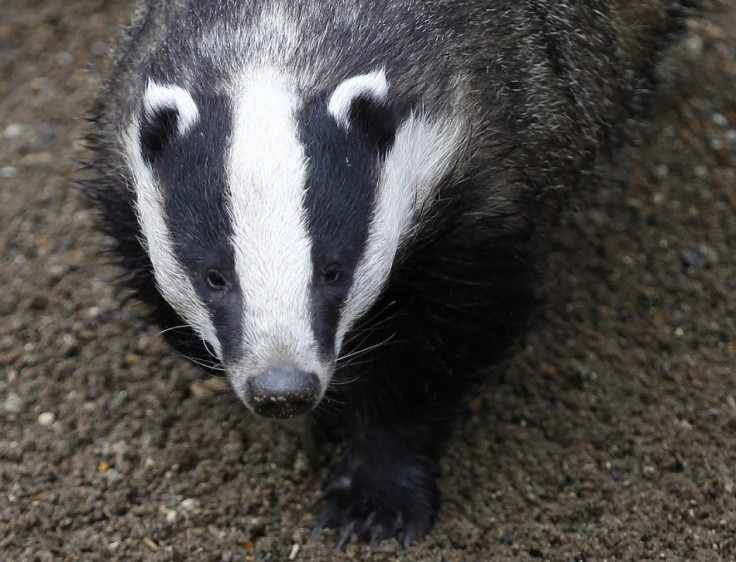'Too Political' RSPCA's Future in Doubt, Says Deputy Leader

The deputy chairman of the RSPCA has warned that a series of 'political' campaigns by the charity could lead to its ruin by undermining the support of wealthy donors.
Paul Draycott says that a series of aggressive campaigns such as those opposing the badger cull and advocating the prosecution of those who defy the fox hunting ban could alienate companies which donate millions.
"There is a potential risk, which does not seem to have been identified or addressed, that if the society is seen to become too 'political', that potential [for commercial sponsorship] will become restricted, as new and existing partners may become concerned that their own brand could be affected negatively by being associated with us," said Draycott in a leaked document on preparations for the charity's 200<sup>th anniversary in 2024.
Recent disagreements within the RSPCA over its strident campaigning over the last 18 months is reflected in Draycott's paper. In 2012, Liberal Democrat Gavin Grant, took over as chief executive of the RSPCA.
"The society has become more vocal in campaigning, especially in the area of foxhunting and the badger cull. Some of us have become concerned at the lack of a coherent strategy to manage this change in increased campaigning visibility," he writes.
Draycott articulates concerns that some of the RSPCA's more traditional supporters may exclude the RSPCA from their wills, one of its chief funding streams. The Charity Commission has twice acted on complaints from farmers and hunters over the charity's campaigns.
"We do not yet know what effect the current negative publicity is having on these individuals. Even if only a small percentage accept the stories being printed there is a serious potential for legacies to be affected for a number of years to come.
"Once someone changes their will, that potential income is lost forever and could affect us financially far beyond our current difficulties," he writes in the document, leaked to The Times.
He warns that the situation was so serious that the RSPCA's whole future was in doubt.
"We have spent months discussing where we want to be in 10 years time, but unless we develop a strategy for now we won't be here then," he says.
It is one of a number of serious problems Draycott says the charity faces, and highlights the lack of support it has received in its campaigns from other wildlife charities and the poor pay of its front-line staff as key issues. In the document, he says that some have not had a pay rise in five years and not even have access to emails at work."
In response, the RSPCA has denied the charges, and claims that Draycott only outlines the problems to generate discussion in the organisation and to stimulate progress.
A RSPCA spokesman said: "The RSPCA looks forward to being around in 2024 and moving into its third century of work for animal welfare.
"The RSPCA enjoys a very close and positive working relationship with the League Against Cruel Sports (LACS) and other animal, equine and wildlife charities."
© Copyright IBTimes 2024. All rights reserved.






